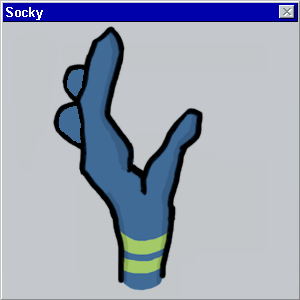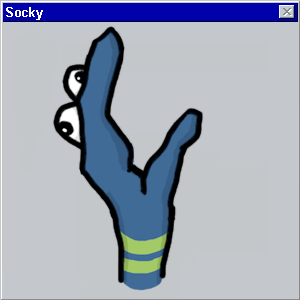I Fought the Law...
November 11, 2008 11:35 AM Subscribe
Does anyone have experience starting an association or networking group in a large city?
I'm a "recovering attorney" in NYC. I used to practice law at a big firm but have moved on to administration at a different law firm. Along with this job has come a whole different set of questions and concerns with a fairly limited peer group (or certainly not one that's actively organized).
My thought is that there are many, many, many JDs who no longer practice law or who are looking to not practice law any longer - particularly in NY (given that 12,500 people took the bar exam here just this summer). Resources are sparse on how to find related career fields, how to find other ways to apply one's degree and skills and/or how to sell the skills developed to break into different areas.
The possibilities seem pretty endless to me about how much benefit just such an association or networking group could provide but I have a few initial questions.
1. Are there beginning steps that one must look into or consider before starting something like this? What are teh roadblocks that I'm not thinking of?
2. Help me think of some places to target the search for people who aren't practicing anymore - so far I've thought of law school alumni groups, law firm alumni groups (which exist at many larger firms), and law firms that have employees in non-practicing roles. I'm interested in creative ways to find people who have left behind practice or law all together - I think they would be an invaluable resource for people considering a change or in need of network support.
3. Where are the best places you can think of to get started?
As always - any and all help appreciated!
I'm a "recovering attorney" in NYC. I used to practice law at a big firm but have moved on to administration at a different law firm. Along with this job has come a whole different set of questions and concerns with a fairly limited peer group (or certainly not one that's actively organized).
My thought is that there are many, many, many JDs who no longer practice law or who are looking to not practice law any longer - particularly in NY (given that 12,500 people took the bar exam here just this summer). Resources are sparse on how to find related career fields, how to find other ways to apply one's degree and skills and/or how to sell the skills developed to break into different areas.
The possibilities seem pretty endless to me about how much benefit just such an association or networking group could provide but I have a few initial questions.
1. Are there beginning steps that one must look into or consider before starting something like this? What are teh roadblocks that I'm not thinking of?
2. Help me think of some places to target the search for people who aren't practicing anymore - so far I've thought of law school alumni groups, law firm alumni groups (which exist at many larger firms), and law firms that have employees in non-practicing roles. I'm interested in creative ways to find people who have left behind practice or law all together - I think they would be an invaluable resource for people considering a change or in need of network support.
3. Where are the best places you can think of to get started?
As always - any and all help appreciated!
This thread is closed to new comments.


To be successful:
- There must be community need. Do you know of two other people who share your idea? You'll need some help to network and spread the word, and also to contribute passion. In each of the cases I mentioned above, we were approached by several folks for each round table who wanted to do something, but needed some help with promotion and coordination.
But is there actually demand for this group out there?
- There must be focus, preferably on professional development. It's one thing to organize networking events, but ultimately, longterm success depends on actually accomplishing something, such as bringing in speakers in response to specific group pro-d needs. Networking becomes a secondary, value-add to the group. By focusing on pro-d, you can also avoid political problems.
- There must be a set schedule. Set up a meeting schedule, usually once a quarter. If people want to meet more often, organize an informal wing-night, but make sure you conserve and help build up demand by organizing the real meat-and-potato events (pro-d) less frequently.
Stick to the schedule for a year, no matter what the attendance. By the end of the year, or perhaps by 14 months in, you will have a core group and momentum.
- There must be a platform. As I said, the industry association I worked for was approached to set up these "peer round tables". The industry association is well-respected - it has a great brand - and is able to get the word out by communicating to its membership. Industry associations typically have a *deep* knowledge of who's-who, and who might be interested in the sort of service you would like to provide. They also have the tools to communicate what you are trying to do. The value add for an industry or professional association is the ability to develop deeper relationships with members, find out more about what services members want, and also to scout out for new members.
However, the industry association I worked for was (and still is) one of the best in Canada, thanks largely to clearly defined goals, values, and a standard of conduct.
If you choose to work with a partner, you have to make sure that they really want to do the right thing and help people out, rather than harvest email addresses.
posted by KokuRyu at 11:55 AM on November 11, 2008